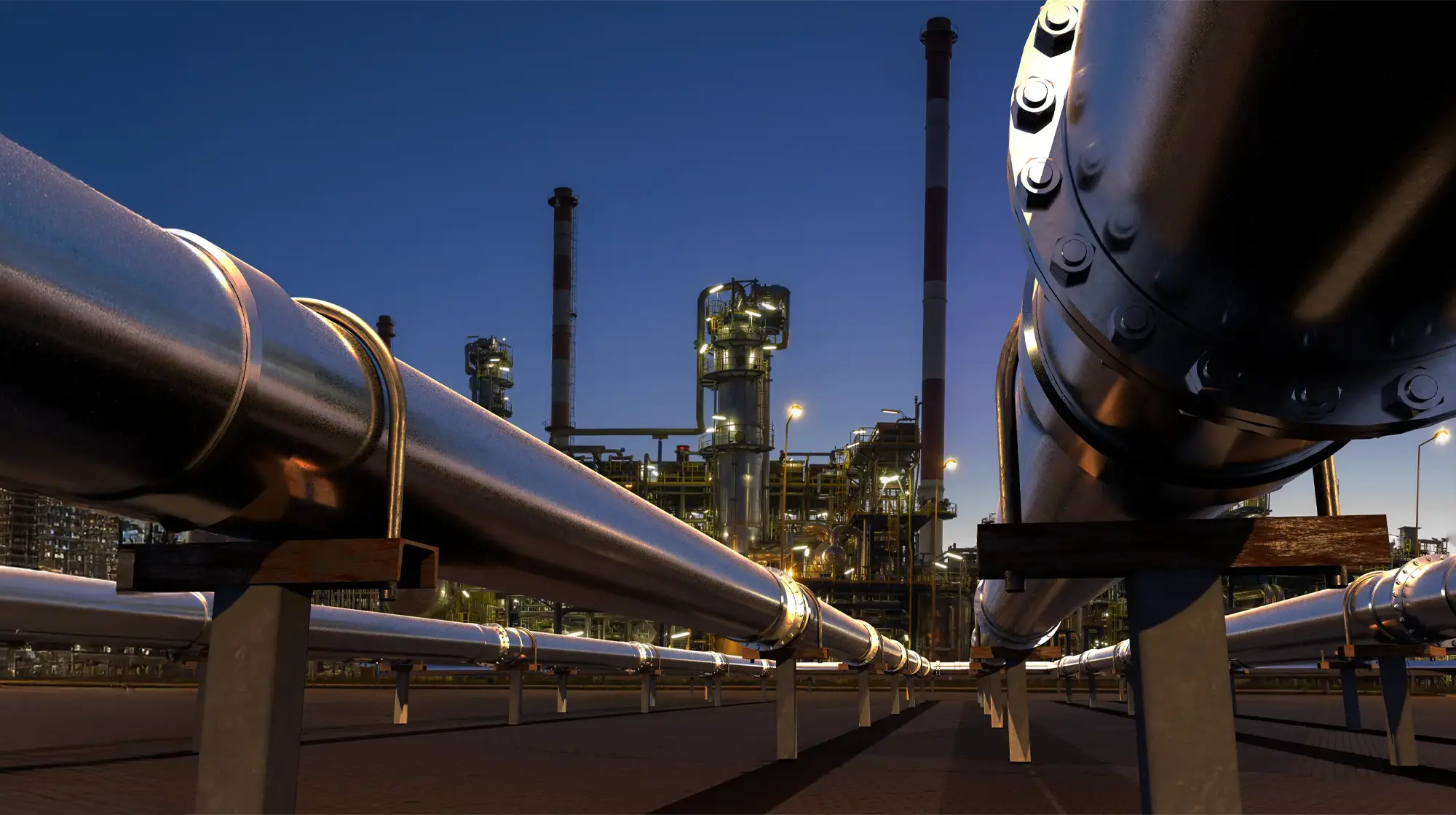en
Written by Richard Finlayson, Senior International Editor for Industrial Info Resources (Sugar Land, Texas)--Two major events have occurred between newly independent South Sudan and Sudan in the tussle over oil transportation charges and coastal export access.
This week, South Sudan and Kenya signed a memorandum of understanding in Juba to build an oil pipeline from landlocked South Sudan's oilfields to Lamu in northern Kenya, where planning is under way for a new port to be constructed.
After accusing Sudan of stealing oil worth $815 million from the new country as it transited through existing pipelines to Port Sudan, the South Sudanese government has shut down more than 900 oil wells to prevent further losses. A spokesman said that the shutdown will hit the new nation, which relies heavily on oil revenues, but that they would rather keep it in the ground than lose it to Sudan. The Sudanese said they confiscated the oil for unpaid fees, a claim that Juba refuted.
Following independence, South Sudan gained control of about 75% of the two-country region's oil production of approximately 490,000 barrels per day. The Sudanese government in Khartoum is asking for a shipment charge of $32 per barrel for pipeline passage through their territory, which the South considers extortionate, maintaining that their offer of $1 a barrel was the highest in the world.
The signing of the MoU was witnessed by Kenya's Prime Minister Raila Odingo and South Sudan President Salva Kiir. The document was said to be the basis for developing cooperation between the two countries, which will now negotiate a transit feed that will be based on international practices. A planning committee is being formed to handle the finance and environmental and social issues around the project. Other topics were covered, including the installation of fiber optic connections between the countries.
The pipeline project, which was first broached some years ago, will now be given priority, and construction will begin as soon as funding has been arranged. South Sudan is also discussing a pipeline project with Ethiopia. The pipeline will reach the sea at Djibouti on the Horn of Africa.
Industrial Info Resources (IIR), with global headquarters in Sugar Land, Texas, and eight offices outside of North America, is the leading provider of global market intelligence specializing in the industrial process, heavy manufacturing and energy markets. Industrial Info's quality-assurance philosophy, the Living Forward Reporting Principle, provides up-to-the-minute intelligence on what's happening now, while constantly keeping track of future opportunities.
This week, South Sudan and Kenya signed a memorandum of understanding in Juba to build an oil pipeline from landlocked South Sudan's oilfields to Lamu in northern Kenya, where planning is under way for a new port to be constructed.
After accusing Sudan of stealing oil worth $815 million from the new country as it transited through existing pipelines to Port Sudan, the South Sudanese government has shut down more than 900 oil wells to prevent further losses. A spokesman said that the shutdown will hit the new nation, which relies heavily on oil revenues, but that they would rather keep it in the ground than lose it to Sudan. The Sudanese said they confiscated the oil for unpaid fees, a claim that Juba refuted.
Following independence, South Sudan gained control of about 75% of the two-country region's oil production of approximately 490,000 barrels per day. The Sudanese government in Khartoum is asking for a shipment charge of $32 per barrel for pipeline passage through their territory, which the South considers extortionate, maintaining that their offer of $1 a barrel was the highest in the world.
The signing of the MoU was witnessed by Kenya's Prime Minister Raila Odingo and South Sudan President Salva Kiir. The document was said to be the basis for developing cooperation between the two countries, which will now negotiate a transit feed that will be based on international practices. A planning committee is being formed to handle the finance and environmental and social issues around the project. Other topics were covered, including the installation of fiber optic connections between the countries.
The pipeline project, which was first broached some years ago, will now be given priority, and construction will begin as soon as funding has been arranged. South Sudan is also discussing a pipeline project with Ethiopia. The pipeline will reach the sea at Djibouti on the Horn of Africa.
Industrial Info Resources (IIR), with global headquarters in Sugar Land, Texas, and eight offices outside of North America, is the leading provider of global market intelligence specializing in the industrial process, heavy manufacturing and energy markets. Industrial Info's quality-assurance philosophy, the Living Forward Reporting Principle, provides up-to-the-minute intelligence on what's happening now, while constantly keeping track of future opportunities.


